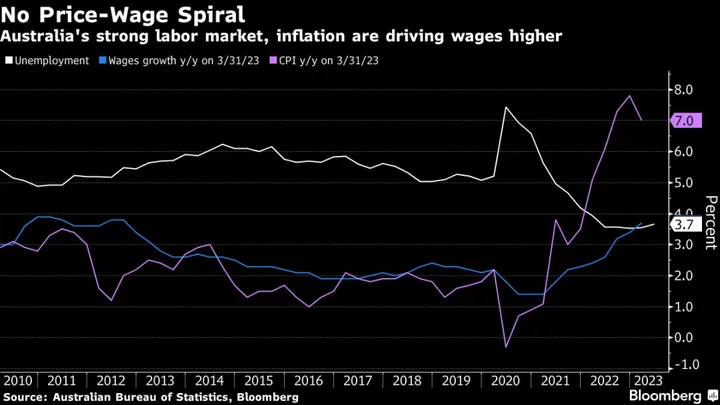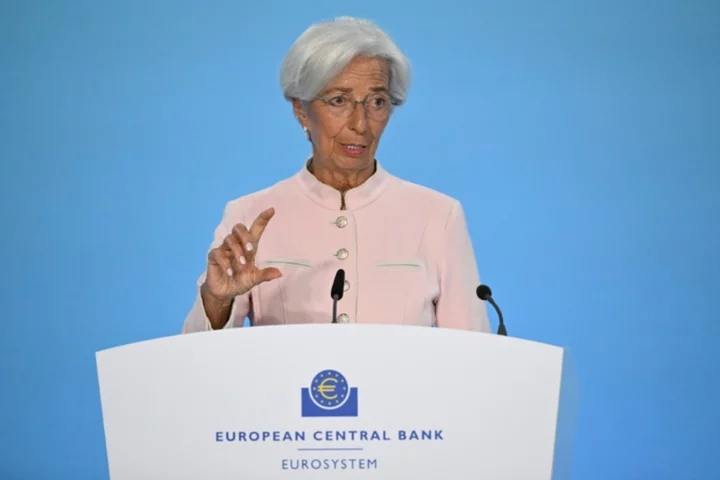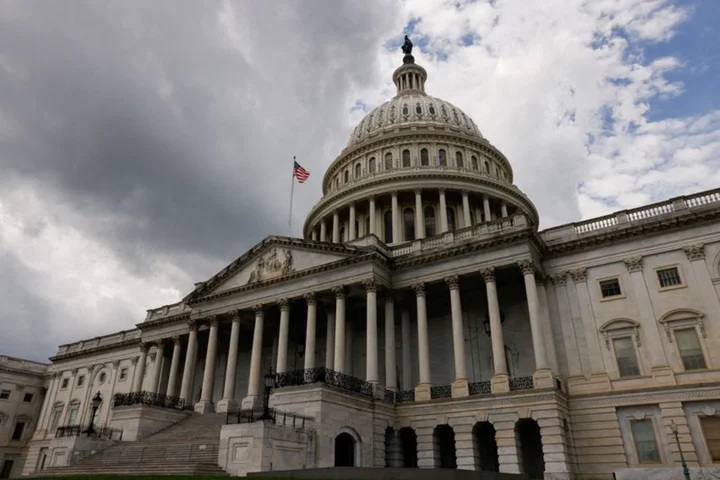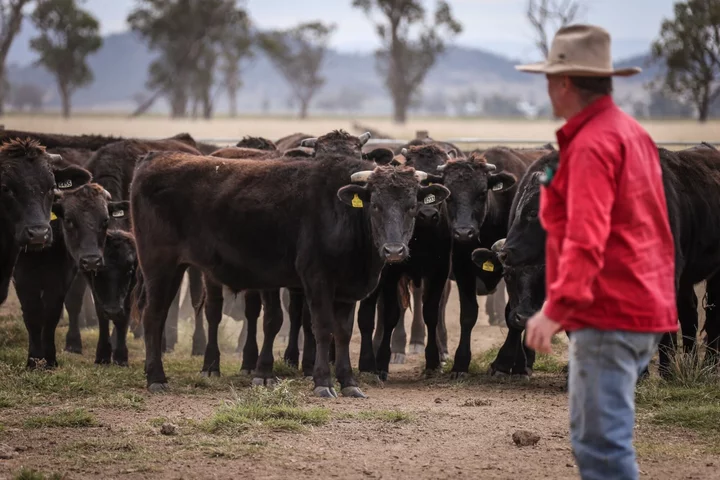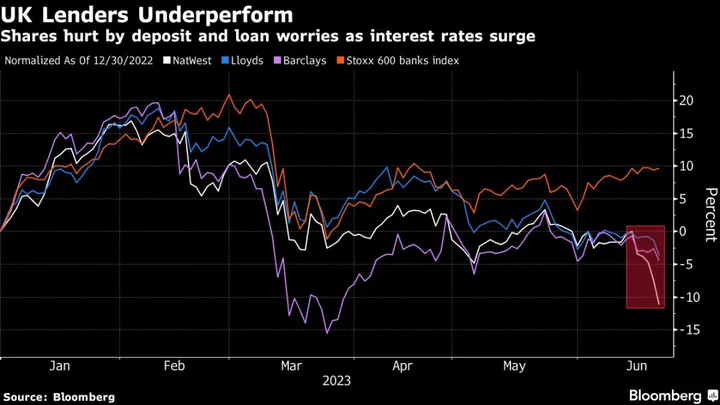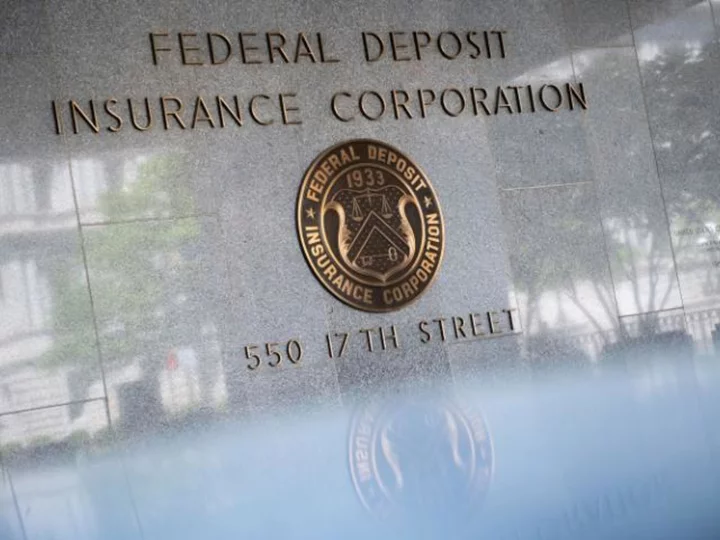Australia’s industrial relations umpire raised the national minimum wage by 5.75% from July 1 in an effort to support low-paid workers at a time of rising living costs and a tight labor market.
The new minimum rate will be A$882.80 ($580.53) a week, or A$23.23 an hour, Justice Adam Hatcher, president of the Fair Work Commission, said in Friday’s decision. While only a fraction of the Australian workforce, or 0.7%, is on the minimum wage, it does have flow on effects to other awards.
The Australian dollar erased the bulk of a 0.2% intraday gain to trade at 65.74 US cents as at 10.20 am in Sydney following the decision. That suggests markets don’t expect it to further fuel inflation and require additional Reserve Bank interest-rate increases.
The RBA has raised rates 11 times since May 2022 to 3.85% as it tries to cool consumer prices that are running at around 7%. A hotter than expected monthly inflation report this week prompted ANZ Group Holdings Ltd. on Friday to raise its forecast terminal rate to 4.35%, implying two more hikes.
The central bank holds its June policy meeting on Tuesday.
“We have placed significant weight on the impact of the current rate of inflation on the ability of modern award-reliant employees to meet their basic financial needs,” Hatcher said. “Inflation is reducing the real value of these employees’ incomes and causing households financial stress.”
The decision will “not have discernible macro-economic effects,” he added.
The increase is higher than the annual wage price index of 3.7% recorded in the first quarter. But it’s below some economists’ expectations for around a 7% rise — in line with first-quarter CPI — and compares with the government’s proposal that “the real wages of Australia’s low-paid workers do not go backwards.”
The annual review is conducted by a panel of experts who set the minimum wage each fiscal year based on submissions from employer groups, unions and governments. Today’s decision directly affects up to 2.37 million workers, or 20.5% of the labor force, Hatcher said.
Australian unemployment is currently hovering near decade lows at 3.7%.
“We have also taken into account the recent robustness of the labor market, and the fact that increases to modern award minimum wage rates will provide a disproportionate benefit to female workers and may contribute to narrowing the aggregate gender pay gap across the entire employee workforce,” Hatcher said.
Economists say the minimum wage decision will set a benchmark for other pay negotiations. Today’s result, based off the market reaction, suggests the decision is unlikely to further fuel wage pressures in the economy that to date have been relatively contained.
--With assistance from Michael G. Wilson.

